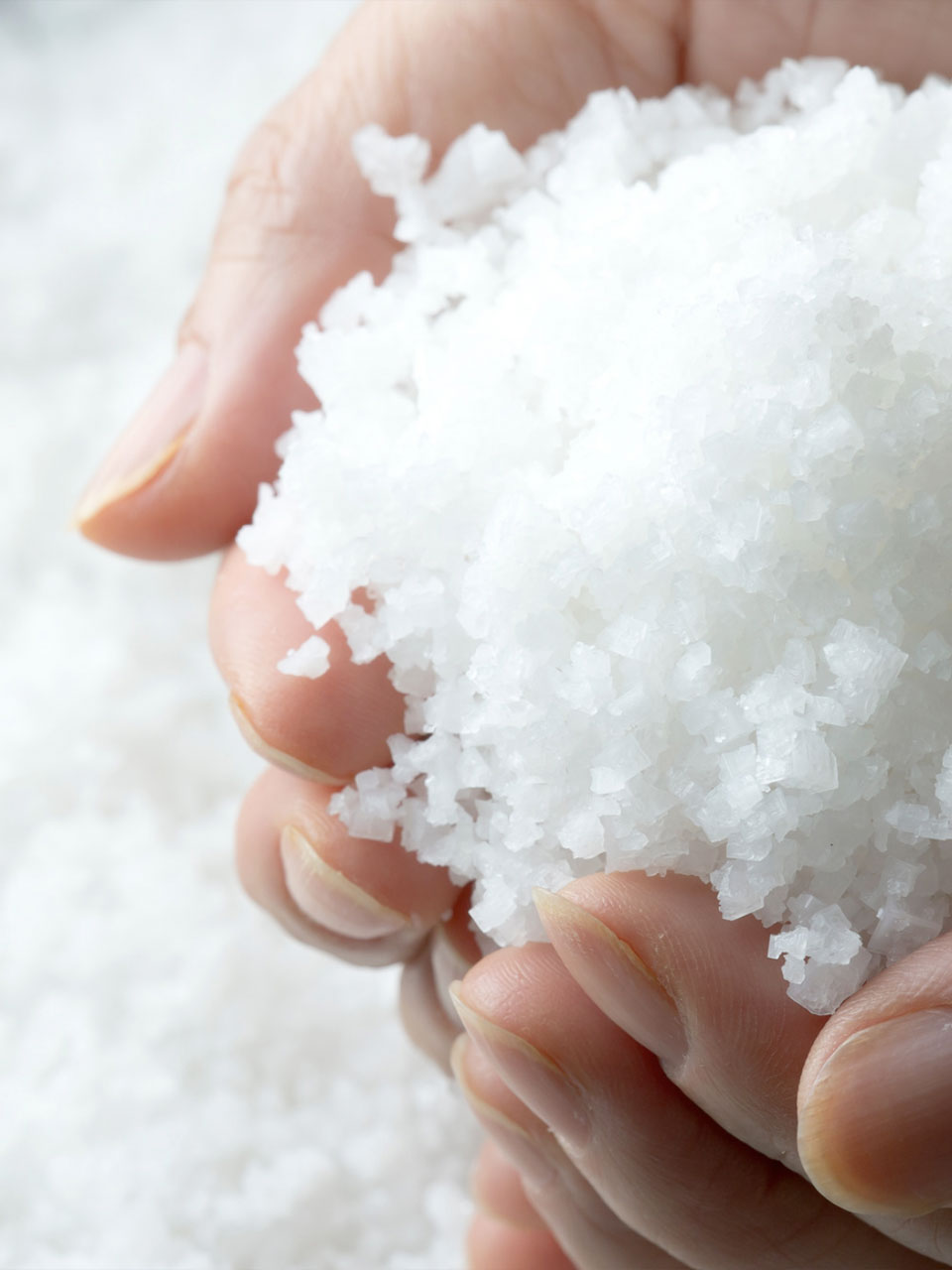For best experience, use Nutshell app on your smartphone.
4:19 pm on 19 January 2023, Thursday

By Caryl Gonzales
Senator Cynthia Villar denounced the Act for Salt Iodization Nationwide (ASIN) Law, saying it “killed” the salt industry in the country.
The Senate committee chair of agriculture and food made the remark during the Senate hearing about the salt industry, noting the bill entailed the local salt producers to iodize the salt.
Villar also said that the salt production in the country has reached 240,000 metric tons (MT) per year from 1960s up to 1970s, but it has now dropped to 42,000 MT.
Salt producers are said to be unable to comply with ASIN Law, which was passed in 1995 and stipulates that all locally-produced salt in the country must be iodized.
Apart from the difficult process, the equipment to iodize the local salt is also said to be expensive.
Moreover, the senators later learned that the country already began importing non-iodized salt.
“Ano bang malaking kalokohan ‘yan? Edi sana pinayagan niyo na lang ‘yung local producers na hindi iodized at ni-require niyo na lang na may manufacturer na mag-iodize kung ganun din lang ang gagawin ‘nyo na mag-i-import kayo ng hindi iodized tapos ire-require niyong iodized (What kind of nonsense is that? I wish you would have just allowed the local producers to not be iodized and would have required a manufacturer to iodize if you are going to do the same thing by importing non-iodized salt and then you will require iodized),” Villar lamented.
The lawmaker even asked who advised the Congress to pass the said law.
“Sabihin ‘nyo sa ’kin kung sino ba ang nag-influence sa Congress na i-pass ‘to? Pinatay nito ang salt industry. Bakit ‘nyo pinapatay ang salt industry? (Tell me who influenced Congress to pass this? It killed the salt industry. Why are you killing the salt industry)?” she asked.
National Nutrition Council’s Ellen Ruth Abella explained when the ASIN Law was passed, iodine deficiency was high in the Philippines.
It was during former president Fidel Ramos’ administration in effort to reduce the country’s micronutrient deficiency such as goiter.
“The level of iodine deficiency in the Philippines was quite high, and one of the identified sources or vehicles for iodine that is always consumed or regularly consumed or commonly consumed in the household is salt,” Abella added.
However, Villar asserts that salt producers cannot comply with their “iodization requirement.”
“You have to understand our small farmers. They are not as well educated as you are,” she said.
She also expressed dismay that no one is admitting who is in charge of the salt industry, noting only one-third should be iodized for human consumption and two-thirds should be used for other purposes.
Salt is also used as a fertilizer for coconut farmers’ crops, she added.
On the other hand, Senator Nancy Binay backed the possibility of slashing the need for salt to be iodized in the country.